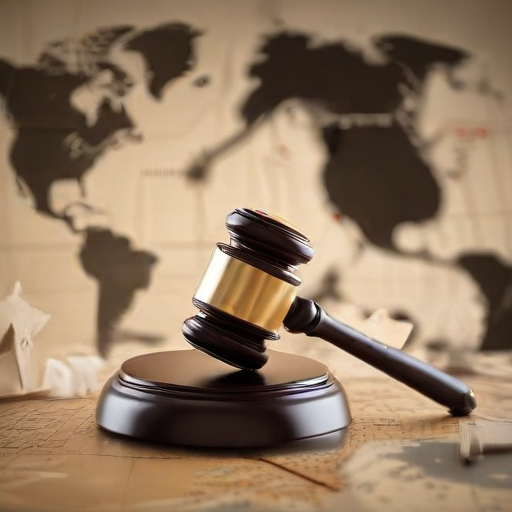The International Criminal Court (ICC) has announced arrest warrants for Israeli Prime Minister Benjamin Netanyahu and former Defense Minister Yoav Gallant, citing reasonable grounds to believe they committed war crimes by starving the civilian population in Gaza. In addition, the ICC has issued a warrant for Hamas military chief Mohammed Deif, despite claims that he was killed in an airstrike.
ICC Prosecutor Karim Khan first sought these warrants six months ago, emphasizing that delays in the process can negatively impact victims’ rights. In response, Israeli officials have condemned the warrants, labeling them as a form of “modern anti-Semitism.” Netanyahu’s office stated that Israel will not submit to such actions, likening the situation to the infamous Dreyfus affair in France. Gallant, on the other hand, expressed pride in his role in Israel’s defense efforts.
Hamas welcomed the ICC’s announcement, seeing it as a vital step towards justice for the victims, but noted that the impact would be limited without comprehensive global support.
Global reactions vary significantly. Some nations, like Argentina, criticized the ICC’s decision, asserting Israel’s right to self-defense. Other countries, however, including various European Union members, voiced support for the ICC’s role in promoting accountability and upholding international law.
Prominent voices from around the world have weighed in. The United States vehemently opposed the warrants, reaffirming its commitment to Israel, while rights organizations celebrated the ICC’s actions as historic moments in seeking justice for war crimes.
This development reflects the international community’s deep divisions over the Israeli-Palestinian conflict. It underscores a growing call for accountability on both sides for alleged atrocities, and it may signal a shift in how international law is applied in conflict zones.
In summary, the ICC’s decision to issue arrest warrants for prominent Israeli figures has sparked widespread global debate, illustrating the complexities of international law and the ongoing struggle for justice in Palestine. This situation presents an opportunity for the world to reassess its approach to accountability in conflict, potentially paving the way for greater respect for human rights and the rule of law.
